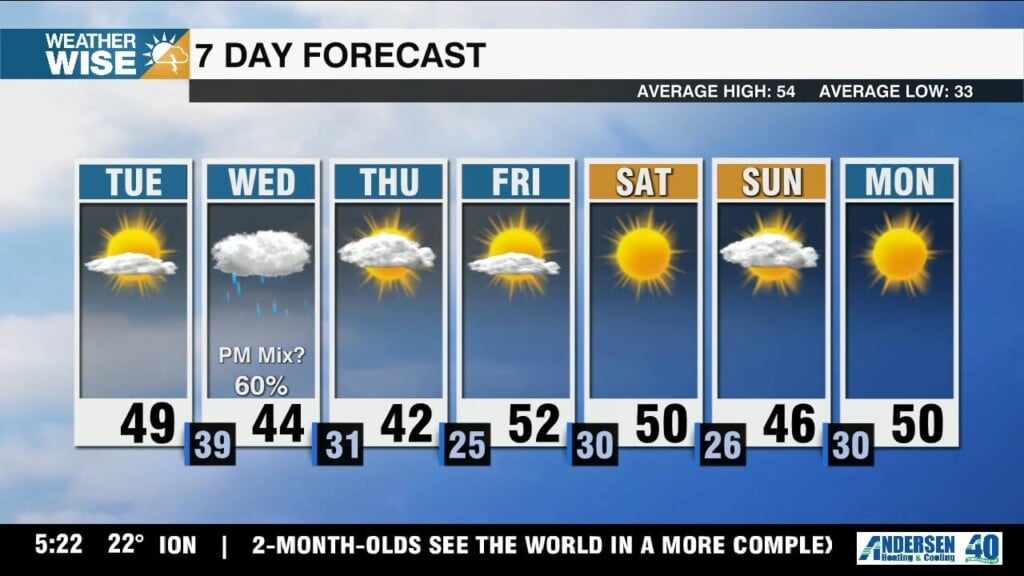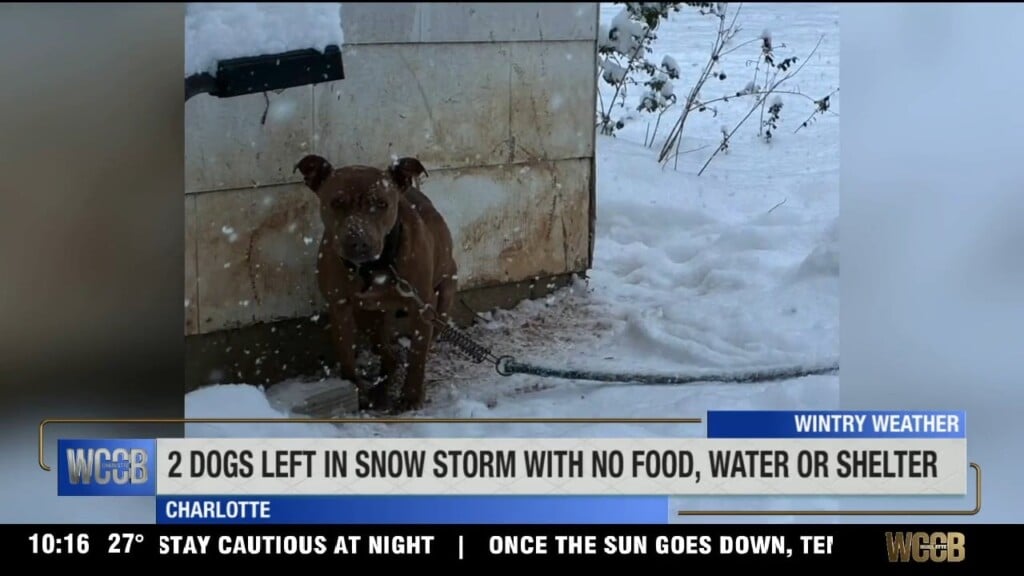Employees, Visitors Want More Information on Brain Eating Amoeba
CHARLOTTE, NC — It’s been nearly two weeks since a brain eating amoeba killed 18-year-old Lauren Seitz, and no one from the U.S. National Whitewater Center has taken public questions about what happened.
Employees have informed WCCB Charlotte of public safety concerns. We’ve asked questions to confirm. The Department of Environmental Quality is now asking questions.
The Whitewater Center is a private, self-regulating business, but taxpayers kept the Whitewater Center afloat as it established business in Charlotte.
Since the Centers for Disease Control and Prevention confirmed the amoeba ran throughout their rapid water at unprecedented levels, employees and visitors want to hear from the center’s management.
“I think it’s important,” said one visitor, Tara Gillis. “Especially if you want to have people keep coming back. I think it’s the right thing to do.”
Gillis says she goes to the center weekly.
She’s a Charlotte resident whose taxes helped pay $6 million to the Whitewater Center, according to the county manager. That was part of the county’s deal to help cover budget shortfalls in the first six years of opening.
Only the health department is speaking out, but it doesn’t regulate the Whitewater Center.
“We are happy to be the ones to communicate with our public here in Mecklenburg County,” said Mecklenburg County Health Department’s Dr. Stephen Keener.
However, health officials admit only the Whitewater Center can answer.
WCCB Charlotte has asked the center to confirm employee reports that it slowed the process of mucking debris from the ponds.
The CDC confirms the debris caused the center’s chlorine and UV filter system to fail and allowed the brain eating amoeba to thrive.
“Delay and deny is not a stratgedy,” said Dianne Chase. “It only it fosters that mistrust.”
Chase is a public relations analysts for Center for Communication Strategies. She’s helped companies handle potentially damaging situations for 15 years.
I felt that that was reasonable in terms of what they will be doing,” said visitor Annette Batycki.
“It’s a crisis for the Whitewater Center. You have to put your face on that. It can’t just be issuing statements at this,” said Chase. “In an information vacuum, it’s going to be filled with something. It only benefits you to fill that vacuum with the facts as you know them and with the truth.”
The Whitewater Center hasn’t released new information since the CDC ordered it to stop the cleaning process for employee safety.
“I would like to hear from them, yes,” said Gillis. “That would be helpful.”




